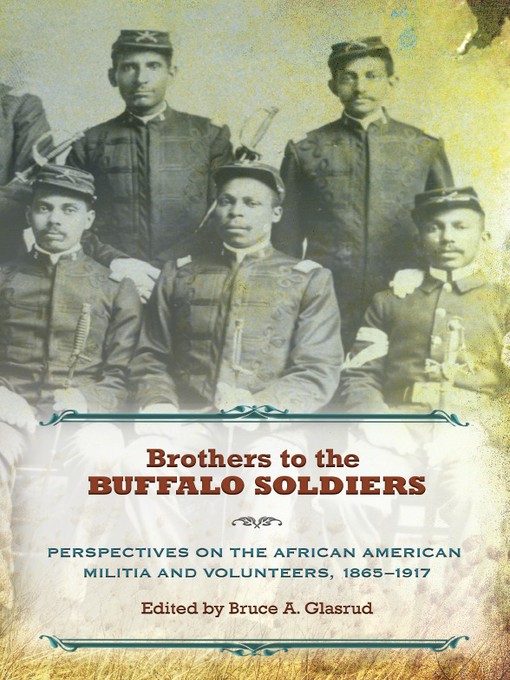- Available now
- New eBook additions
- Award Winners
- Health & Wellness
- Looking for a new recipe?
- Try something different
- Digging in the Dirt: Tips for Gardening
- Most popular
- New teen additions
- New kids additions
- See all
- Available now
- New audiobook additions
- Enjoy biographies and memoirs?
- Try something different
- Audiobooks for your Commute
- Most popular
- New teen additions
- New kids additions
- Just Added
- Audiobooks for the Whole Family
- Listen Up: Great Narrators
- See all
- Just added
- Home & Garden Magazines
- Magazines are Here...Check 'em out!
- Let's Get Cooking!
- News and Politics Magazines
- Automotive
- Health & Fitness Magazines
- Celebrity Magazines
- Popular Magazines
- See all

